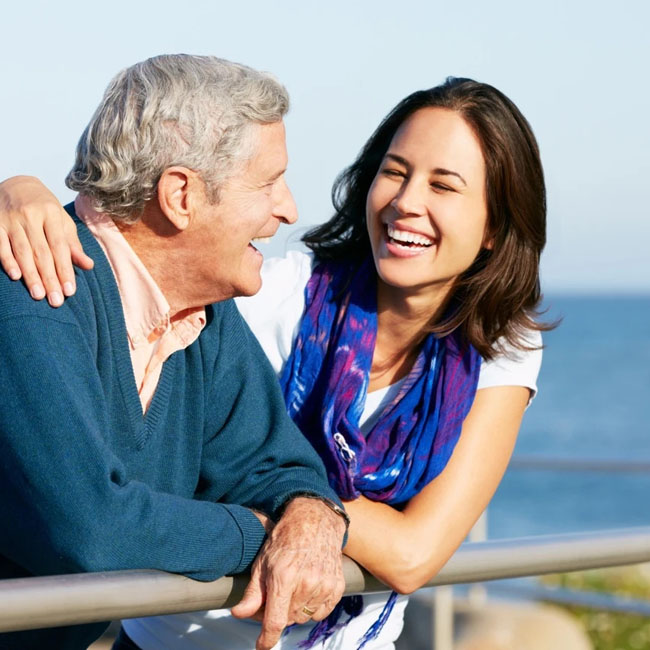An hour’s walk, what does it do to you?
Walking actually comes naturally. Yet internally, something really does happen. What does an hour of walking do to your body?
1 – 5 min
Your heart rate goes up slowly, your circulation gets a boost and your muscles warm up. Your joints become less stiff and you start moving more smoothly. The carbohydrates in your body provide the energy needed for activity.
6 – 10 min
Your heart rate speeds up and your blood pressure increases. Chemicals are released that dilate your blood vessels. Thus, blood and oxygen reach the muscles easier and faster. In this phase, you burn about 6 calories per minute.
11 – 20 min
Your body temperature rises. The blood vessels under your skin expand to release heat. Your breathing speeds up. Hormones, such as adrenaline and glucagon, are released. Adrenaline prepares your body to take action and glucagon raises your blood sugar levels.
21 – 45 minutes
Chemicals such as endorphins are released in the brain. This gives you a feeling of happiness or euphoria.
46 – 60 minutes
Your supply of carbohydrates decreases and your muscles will feel tired. Your heart rate begins to slowly decrease and breathing slows down. Up to an hour after your walk, calories will be burned faster.

